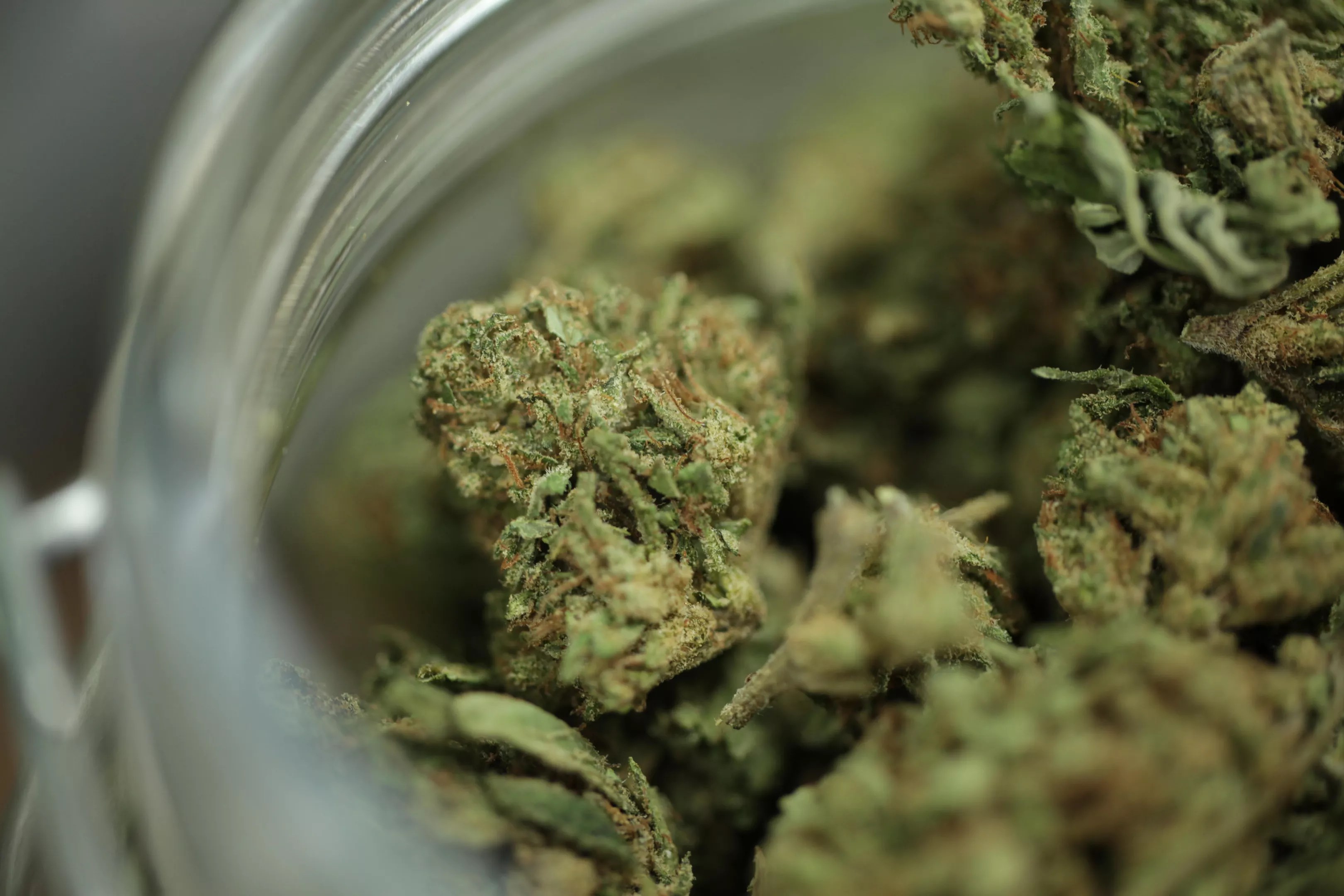
Malen Blackmon

Audio By Carbonatix
Today, more than 800 state laws will go into full effect. The education system will bear the brunt of most of the changes approved by the 89th Texas Legislature, but the state made major headway in other directions. While a possible THC ban has been a primary focus of both the regular and special sessions, thousands of Texans can now gain access to the Texas Compassionate Use Program (TCUP), the state’s version of medical marijuana.
The TCUP program initially launched in 2015 in a very limited capacity, made only accessible to patients with intractable epilepsy, a condition that is non-responsive to anti-seizure medications. Since then, the program has been expanded to include autism, cancer, all epileptic conditions and other neurodegenerative disorders, with more additions almost every session. But this session, the state made the largest expansions to the program with the inclusion of patients with traumatic brain injuries, patients in palliative care and patients with chronic pain.
“What a relief for the many, many patients who are turning to opioids to treat their severe and chronic pain, to now have the opportunity to purchase and use medical cannabis legally right here in the state of Texas,” Heather Fazio, director of the Texas Cannabis Policy Center, said to the Observer in June. “This is going to improve the quality of life for so many people and their families. We’re just so grateful to see that we have finally been able to broadly expand the compassionate use program.”
Texas has more cannabis dispensaries than California, totaling above 7,000, but as of right now, there are only three state-licensed medical marijuana dispensers with several locations across North Texas. Most dispensaries do not have a doctor on staff to write prescriptions, and few doctors have a dispensary on site to fill them. House Bill 46 requires the state to establish nine more licensed state-monitored dispensaries by December. A second batch of licensed dispensaries will be established in April 2026.
The expansion, which is the largest in TCUP history, was lauded by Republican lawmakers, who touted the program’s new application to veterans. But the extension of the TCUP program, with the backing of the GOP, comes at the cost of potentially eradicating highly accessible THC products.
I am in full support of expanding the TCUP (compassionate use) program. We will expand licenses and have satellite locations for the first time for prescribed products from doctors for our veterans and those in need.
The TCUP expansion is the latest program designed to help…
— Office of the Lieutenant Governor Dan Patrick (@LtGovTX) May 22, 2025
“There really have been such mental aerobics that have been going on to demonize one sector of the industry while elevating another,” said Fazio. “The bottom line is that cannabis shouldn’t be illegal for anyone. And the fact that our state has been depriving patients of medicine for more than a decade… depriving patients access to this medicine for decades, is unconscionable.”
While enrolling in the TCUP program is now much easier, it’s not as simple as going to your primary care physician and asking for a prescription. Firstly, a physician registered within the Compassionate Use Program has to prescribe the treatment for a qualifying medical condition. There are bundles more registered physicians than licensed dispensaries, so finding someone who can write the prescription isn’t a huge burden, but it’s not safe to assume any doctor can do it.
A physician must register the prescription within the online database used to track and monitor prescriptions, the Compassionate Use Registry of Texas, before a dispensary can fill it. But once the prescription is logged, any resident of Texas with a proper diagnosis, no matter the age, can use medical marijuana as an acceptable and legal treatment.
“Texas really does it uniquely different than any other state,” Daryoush Austin Zamhariri, a store manager at one of the only doctor-owned spots that serve TCUP patients, Thrive Apothecary in Fort Worth, told the Observer in May of 2024. “They really do treat it like it’s any other medication that a doctor’s writing a prescription for.”